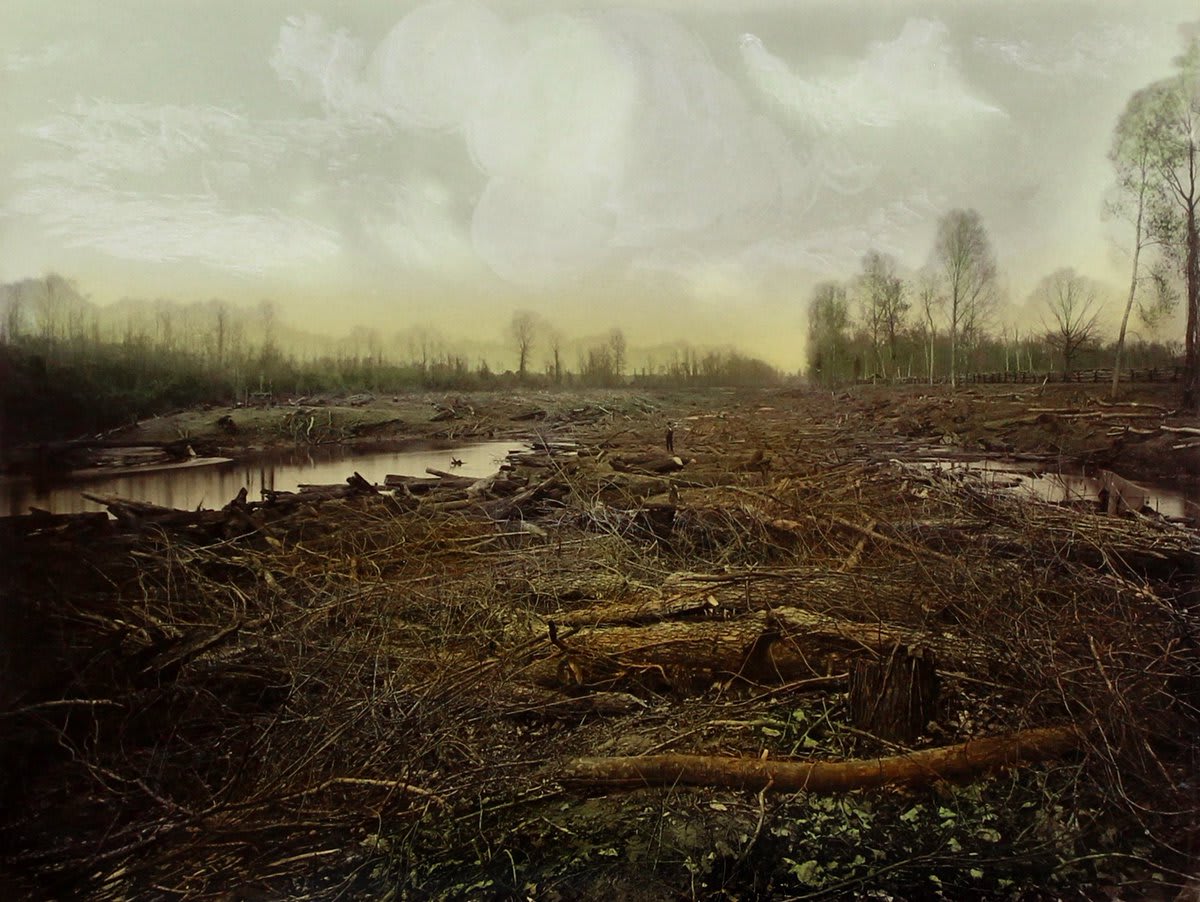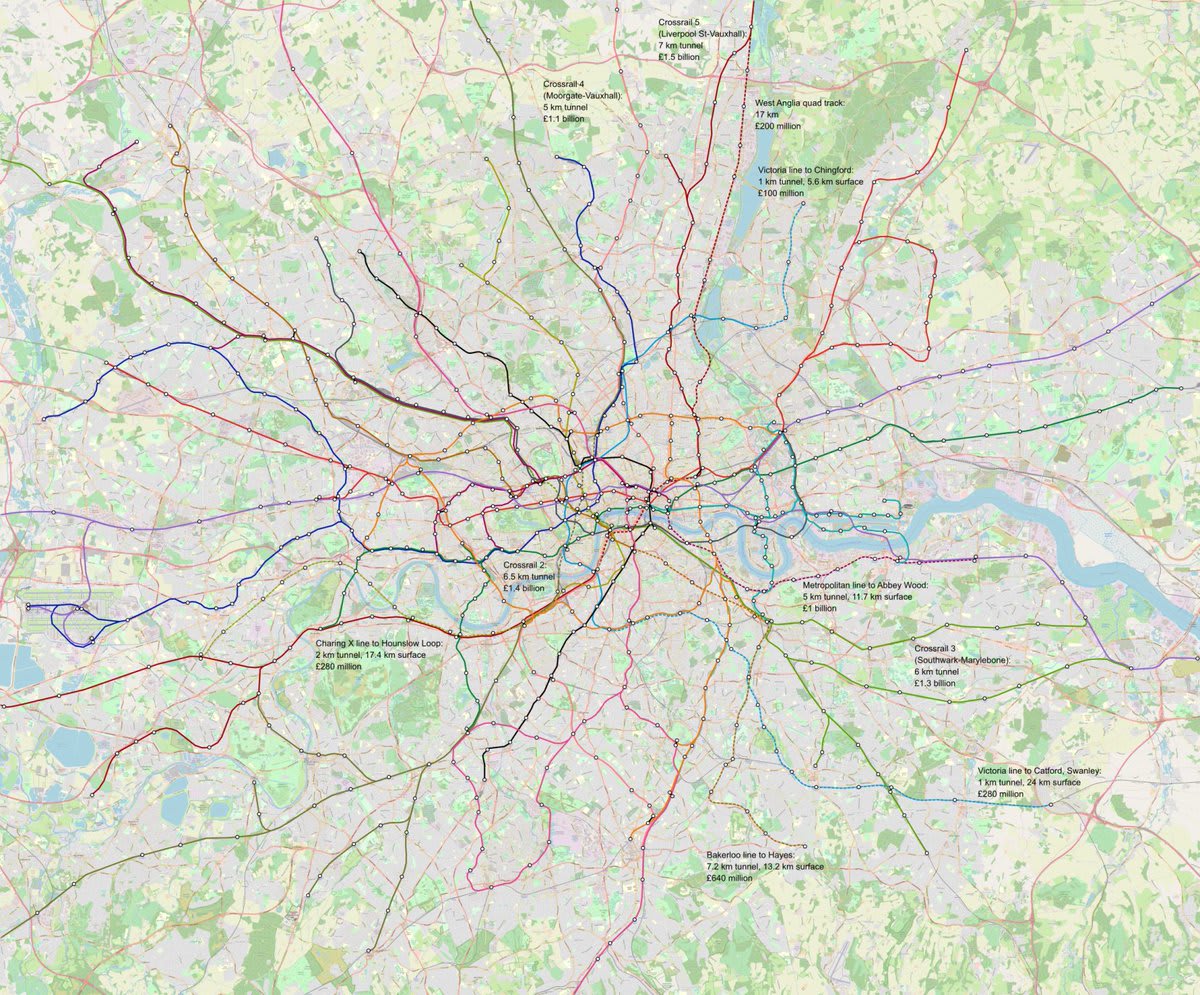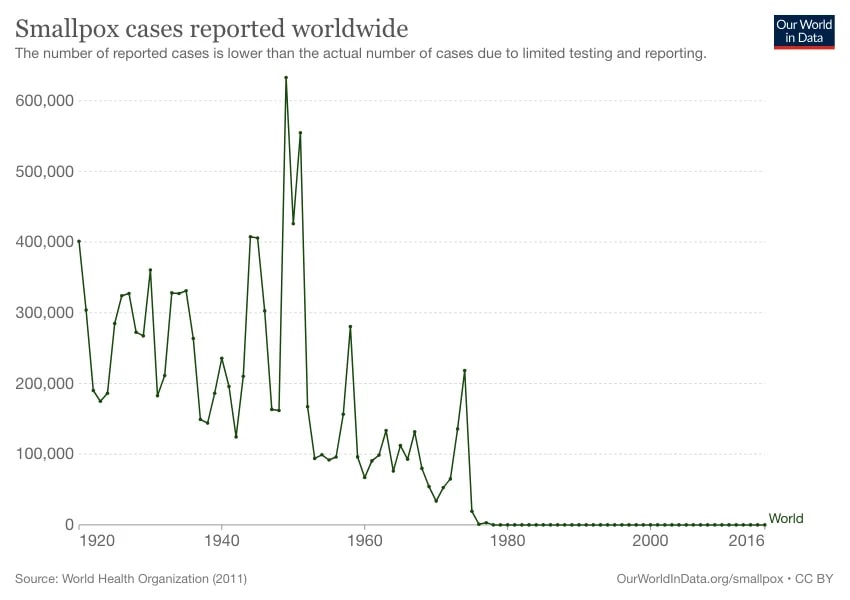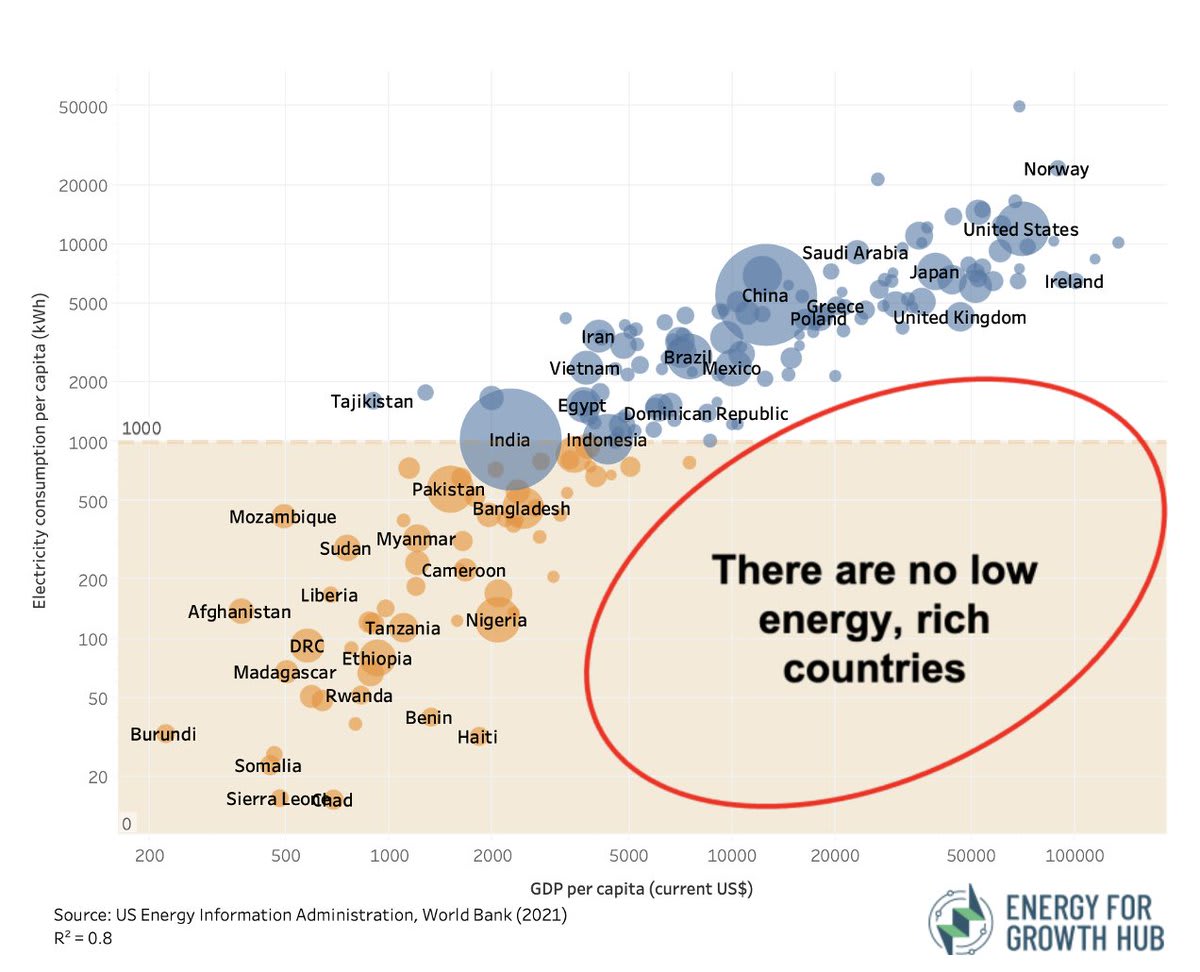Progress links digest, 2023-09-01: How ancient people manipulated water, and more
post by jasoncrawford · 2023-09-01T04:33:32.560Z · LW · GW · 4 commentsThis is a link post for https://rootsofprogress.org/links-digest-2023-09-01
Contents
Opportunities Announcements RIP Video Articles Queries From social media Quotes Maps & charts None 4 comments
I am experimenting with pulling more social media content directly into these digests, in part to rely less on social media sites long-term (since content might be deleted, blocked, paywalled, etc.) That makes these digests longer, but it means there is less need to click on links.
I will still link back to original social media posts in order to give credit and make sharing easier. As always, let me know your feedback.
Opportunities
- Homeworld Ideas, a biotech writing contest. “Share your vision about how biology can enable a positive and sustainable future” (via @NikoMcCarty)
- Writers’ salon from Works in Progress + Stripe Press on 9/14, apply here (via @_TamaraWinter)
- Foresight’s AI Safety Grant Program (via @foresightinst)
- Oklo (advanced nuclear) is hiring. “We are especially looking for outstanding mechanical engineers … as well as power engineers” says @caorilne
- If you have experience in tech/software/entrepreneurship, and want to help skilled immigrants, you could be an advisory opinion letter signatory
Announcements
- Better Planning Alliance’s report on “how street plans could help reduce the housing crisis” (via @BPAIreland)
RIP
- Adobe co-founder John Warnock, 82. Steven Sinofsky calls him an “industry and technology legend… from Xerox through decades after co-founding Adobe he changed the technology landscape we all benefit from every day.” John Gruber says: “Warnock and Geschke understood what Steve Jobs often preached: technology alone was not enough. … If Warnock and Geschke had been satisfied merely with shipping great technology alone, Adobe Systems would be a nearly forgotten Silicon Valley footnote. Instead, they pushed to make Adobe the great tool-making product company we know today.”
Video
Patrick Collison and Lant Pritchett discuss progress and what happens in a country that enables its growth (via @jmazda)
Articles
- How did ancient people manipulate water? (by @ConnorTabarrok)
- What is Arcadia Science? “An update on our vision at the two-year mark” (via @seemaychou)
- How can we accelerate science? Heidi Williams suggests “do away with funding delays” in a WaPo opinion piece. “Congress could give NIH and NSF flexibility to fund good ideas more quickly… funders could give scientists more flexibility to pursue their most promising ideas” (@heidilwilliams_)
- “The Lindy effect is a statistical regularity where for many kinds of entity: the longer they have been around so far, the longer they are likely to last.” New Toby Ord paper gives this formal development (via @tobyordoxford)
- Jerusalem Demsas says Americans vote too much. “Where voters disappear, special interests rush in. … Instead of democracy, what we’ve got is government by homeowners’ associations, police unions, teachers’ unions, developers, chambers of commerce, environmental groups, and so forth”
- Twenty years of Marginal Revolution (via @ModeledBehavior)
- Du Shi was “a Chinese hydrologist, inventor, mechanical engineer, metallurgist, and politician” who is credited with being the first to apply a waterwheel to operate bellows in metallurgy (via @michaelcurzi)
- The Great Raft was “an enormous log jam that clogged the Red and Atchafalaya rivers in Louisiana from perhaps the 12th century until its removal in the 1830s. It was unique in North America in terms of its scale” (@WillRinehart)
Queries
- What are the best examples of scientific breakthroughs made by people 70 or older?
- What are your favorite examples of successful non-academic research organizations outside of industrial and government-run labs?
- Who is working on abundance / American Dynamism / etc in the Midwest?
- Does it really take $200M to plan a bullet train?
- Good summary of the George Hotz / Eliezer Yudkowsky debate?
- Is traffic to stock image sites tanking, now that everyone is using Midjourney and DALL-E for their blogs?
- What should Neal Agarwal include in his “little museum about the early internet”?
- What exactly is this machine tool?
From social media
- Norway can build a tunnel for lower cost than it takes Britain just to do the planning application for one, and many other damning facts from @Sam_Dumitriu
- Nobel laureates are said to produce less after they win the prize. A similar thing was said about those invited to the Institute for Advanced Study. What prizes, honors, grants, positions, etc. lead people to produce more or better work after them, rather than less?
- Feynman asked: “If, in some cataclysm, all of scientific knowledge were to be destroyed, and only one sentence passed on to the next generation of creatures, what statement would contain the most information in the fewest words?” His own answer was “the atomic hypothesis that all things are made of atoms.” But we had that hypothesis in ancient Greece! And it was basically useless until the 1800s. Why knowledge is not contained in sentences
- “A one-day symposium in NYC in the fall focusing on the topic of ‘tech trees’, bringing together game designers, historians of science, and metascience folks”
- Taiwan nuclear advocate: “we are starting a pro-nuclear NGO”
- Ben Reinhardt suggests “Emergent Ventures but for people doing weird science/technology stuff. I consistently run into people (esp outside of the academic system) who have a crazy idea they want to work on that 1. Wouldn’t get through some committee 2. Need the money faster than bureaucratic timescales (because they need to make hiring/life decisions around it)”
- “Has anyone else running automation projects noticed how key suppliers are completely booked out, overloaded with work, and lead times have gone insane? … Something big is happening. The world is automating, and fast!” (@Jordan_W_Taylor) Maybe related to the fact that US manufacturing construction is at an all-time high?
- “For thousands of years, city planning focused on drawing out a street network, with water and sewer underneath, and reserving regular public spaces, and was mostly agnostic on uses or densities. One hundred years ago, that flipped”
- “We need a distinctively Indian discourse on material progress … conversations from a uniquely Indian perspective that draws upon our lived experience & trade-offs we face at our GDP per capita levels” (@aye_kaash)
- “I used to think growing a small vegetable plot would be a way to commune with nature, be at peace with the world. After slugs, aphids, mildew, etc., I realize I had it backwards. Gardening is a Darwinian death match with nature and battle for scarce resources” (@eladgil)
- “The fact I have a pocket device with a universal translator is, frankly, underappreciated magic” (@kendrictonn)
- “When self-driving cars are taken for granted as part of city infrastructure (which is probably only a few more years), the statements of the people trying to ban them will read like someone trying to ban electricity or indoor plumbing” (@paulg)
- “The placebo effect is (mostly) not real,” just regression to the mean
- If you look at typing speed vs. accuracy, you will find that they are positively correlated: faster typists are also more accurate. Naively, one might suggest typing faster in order to make fewer mistakes! Obviously, this will backfire. Why between-subject variability is not the same as within-subject variability
- The Atlantic complains that generative AI uses lots of energy and “the climate toll could be enormous.” Corrected headline: Generative AI demonstrates why we need energy superabundance. There is no shortage of uses for cheap, reliable, clean energy
- “25 years ago, they invented a better version of Advil, which targets the same receptor but with fewer side effects. It still requires a prescription for basically no reason” (@alyssamvance)
- “The environmentalist taboo against carbon removal makes sense if you view climate change as punishment for sinful gluttony rather than a technology problem. The only appropriate resolution to sin is self sacrifice” (@MTabarrok)
- John Carmack says: “WIRED remains the only major publication that consistently has a fact checker reach out to me when I show up in an article.” (Not sure if he’s ever been in The Atlantic though)
- “Parenting matters so much. The fact that it is hard to adduce quantitative evidence that parenting matters is an expected consequence of the nascency of our social sciences and confused conceptions of wellbeing” (@mbateman)
Quotes
Mises against stability (Masters of the Universe, by Daniel Stedman Jones):
Like Popper, Mises saw a similarity between the bureaucratic mentality and Plato’s utopia, in which the large majority of the ruled served the rulers. He thought that “all later utopians who shaped the blueprints of their earthly paradises according to Plato’s example in the same way believed in the immutability of human affairs.” He went on, Bureaucratization is necessarily rigid because it involves the observation of established rules and practices. But in social life rigidity amounts to petrification and death. It is a very significant fact that stability and security are the most cherished slogans of present-day “reformers.” If primitive men had adopted the principle of stability, they would long since have been wiped out by beasts of prey and microbes.
“Comment posted to a NY Times article published 3 years ago during lockdown, questioning whether NYC would ever recover” (via @michaelmiraflor):
I’ve been a NYC taxi driver for many, many years. My favorite type of ride is the rare one of picking up a man who has just emerged from a hospital following the birth of his first child. It is the best day in his life and I usually find it difficult to hide my own tears of joy as he tells me all about it.
My second favorite ride is similar. It is a young person with a dream who is coming to New York City for the very first time. I am the taxi driver taking him or her to Manhattan from the airport. I insist on the Upper Level of the 59th Street Bridge as our route. Excitement grows as the city grows larger and larger as we approach Manhattan. Finally, almost at ground level, the ramp takes us so close to the surrounding buildings that we can actually see the people inside. Touching down on E. 62nd Street, my newly minted New Yorker is experiencing for the first time the “energy” that is so often spoken of. It’s like watching a child approaching a roomful of birthday presents. All things are possible.
Maps & charts
London’s rail system if we could build at Nordic costs (via Alon Levy via @Sam_Dumitriu)
“One of the most inspiring achievements of humanity. We did it before, and we can do it again” (@Altimor)
“The most foundational resource for material prosperity is energy” (@Andercot)
Nuclear support poll (via @gordonmcdowell)
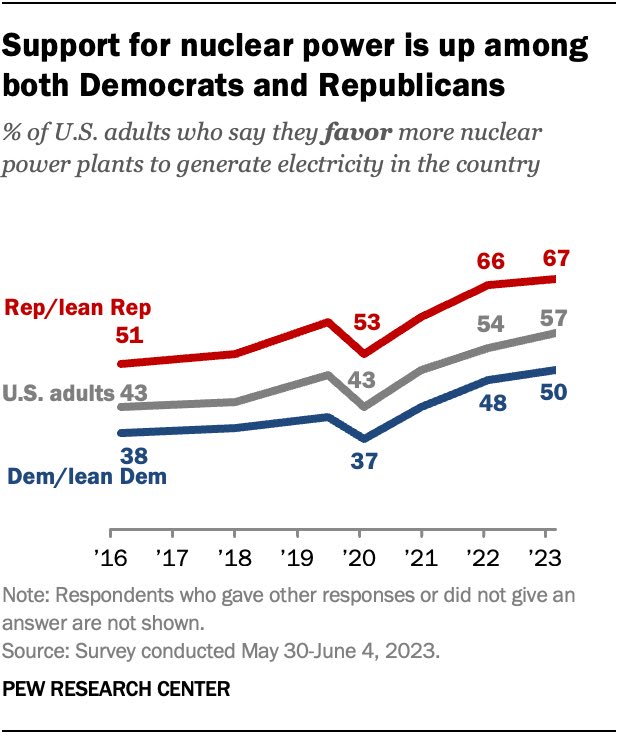
The entire universe, to (log) scale (via @emollick, by Pablo Carlos Budassi, see the original for full res)

4 comments
Comments sorted by top scores.
comment by ChristianKl · 2023-09-01T23:09:56.272Z · LW(p) · GW(p)
“For thousands of years, city planning focused on drawing out a street network, with water and sewer underneath, and reserving regular public spaces, and was mostly agnostic on uses or densities. One hundred years ago, that flipped”
The idea that city planning was doing sewer planning for thousands of years is just wrong. Historically there was no such city planning for most of the time.
Berlin, Paris, and London all only got their sewer systems in the 19th century.
Replies from: jasoncrawford↑ comment by jasoncrawford · 2023-09-07T11:01:50.509Z · LW(p) · GW(p)
I don't think this is exactly correct: I'm pretty sure that many cities including London and Paris had sewer systems much earlier than that, although they modernized them / made major overhauls in the 19th century. (Anyway, kind of besides the point of the linked thread)
Replies from: ChristianKl↑ comment by ChristianKl · 2023-09-07T12:07:44.307Z · LW(p) · GW(p)
There is a claim that there was city planning for thousands of years.
If you ignore the issue of streets and look at older parts of many European towns the streets aren't straight because nobody planned them beforehand and they grew more organically.
What happened in the 19th century in Europe was that people actually started city planning. American cities might have a drawn-out street network before that point but in most European cities there wasn't planning.
comment by ChristianKl · 2023-09-01T23:02:47.628Z · LW(p) · GW(p)
Norway can build a tunnel for lower cost than it takes Britain just to do the planning application for one, and many other damning facts from @Sam Marks [LW · GW]
Especially, given that the supposed reason for leaving the EU was to escape Brussels bureaucracy.
